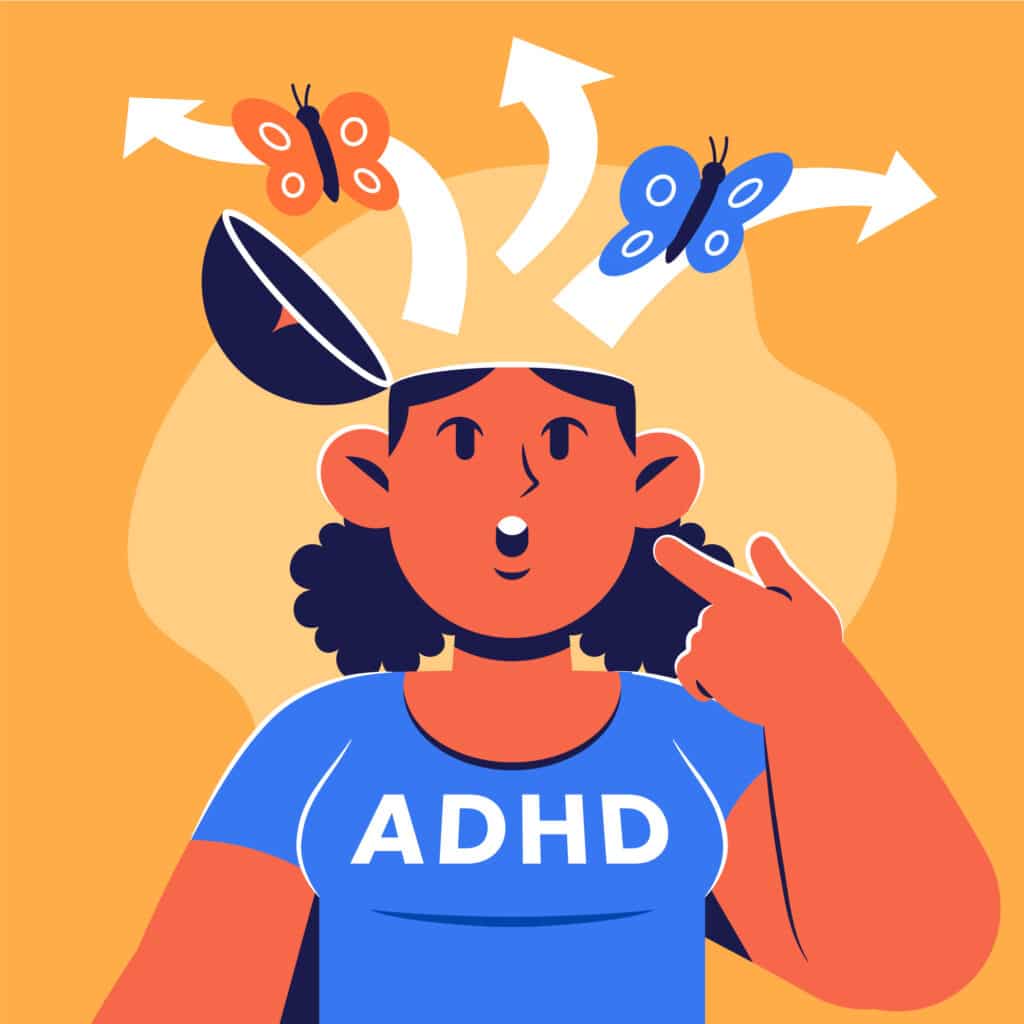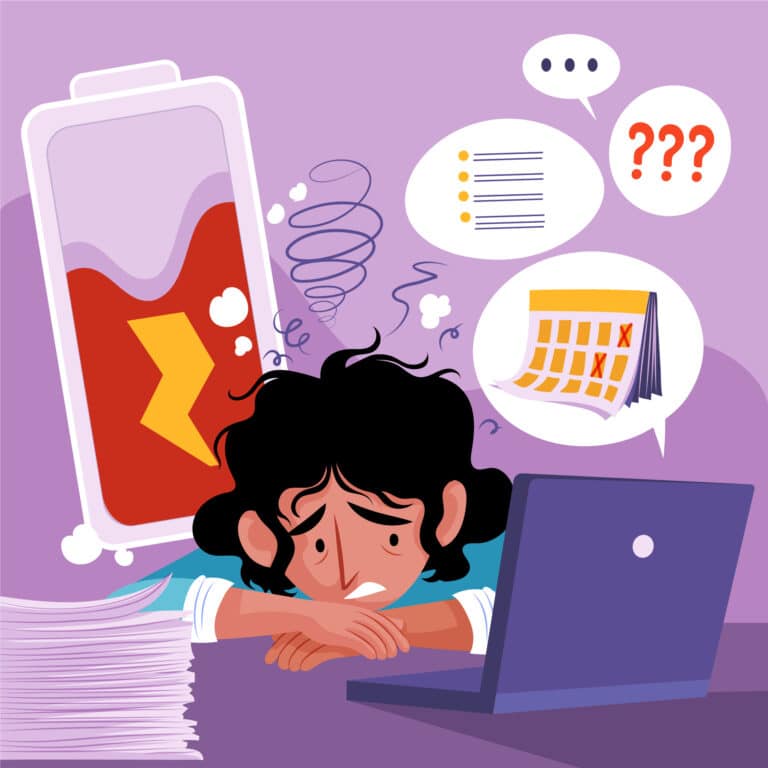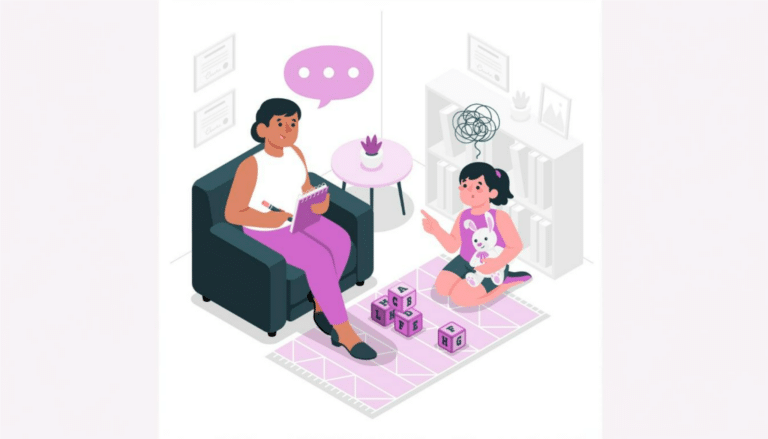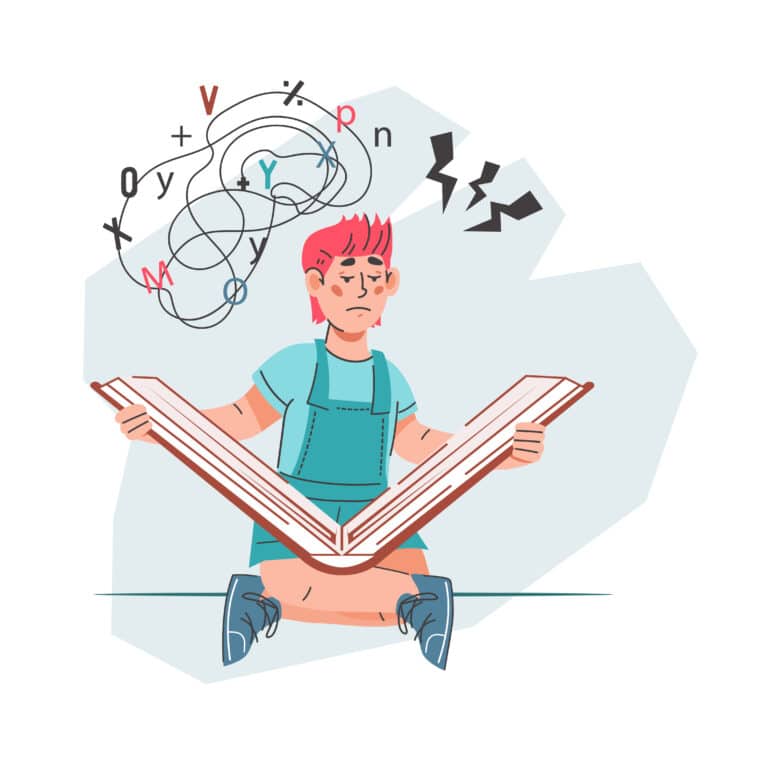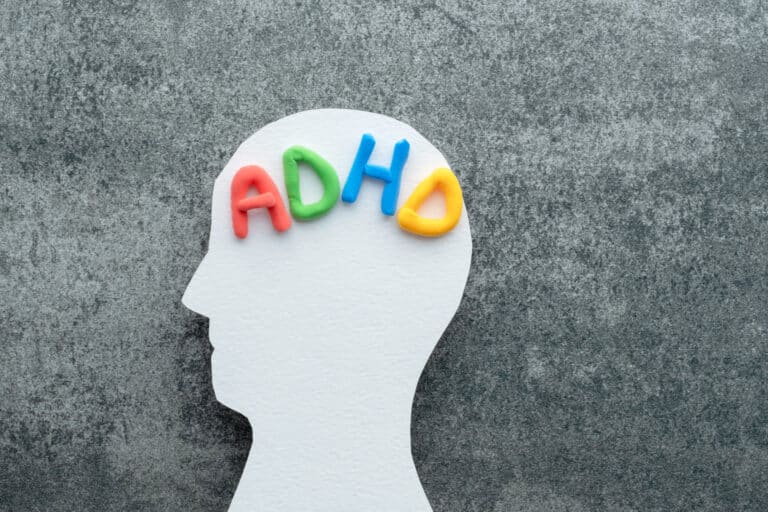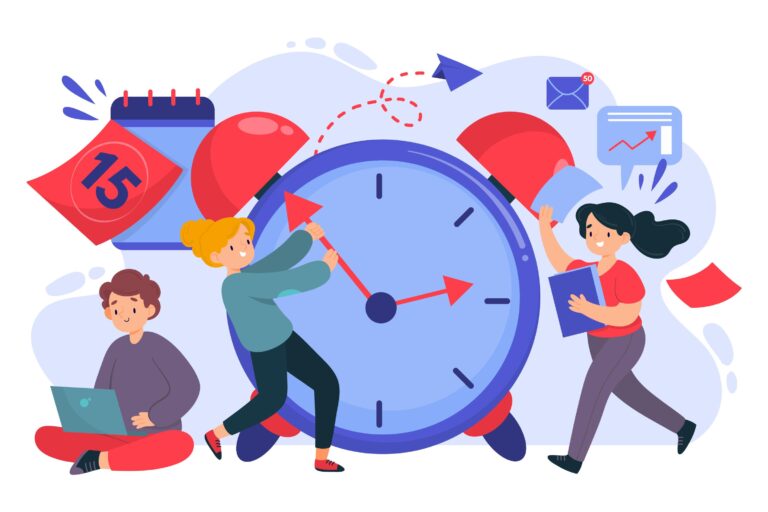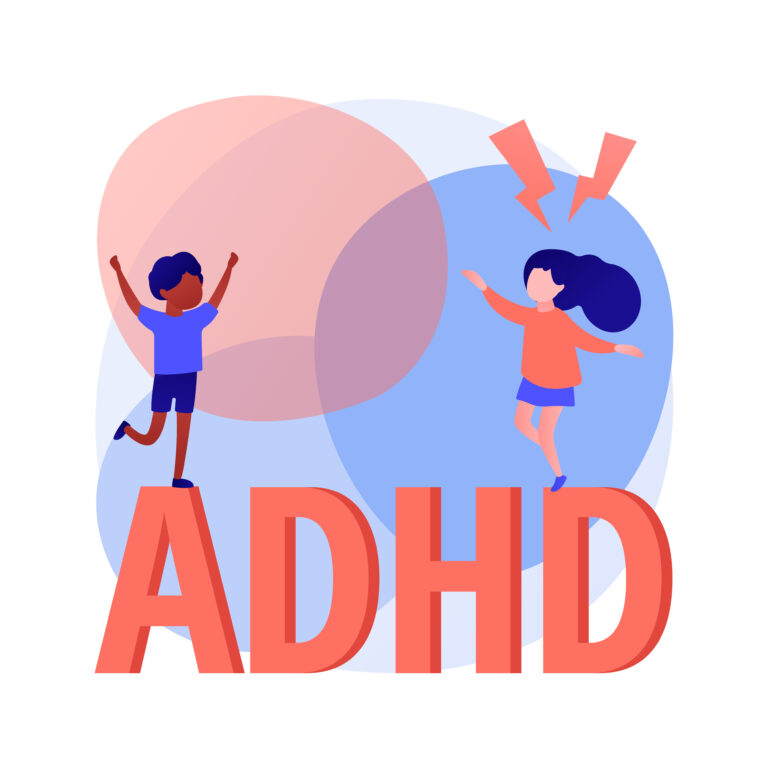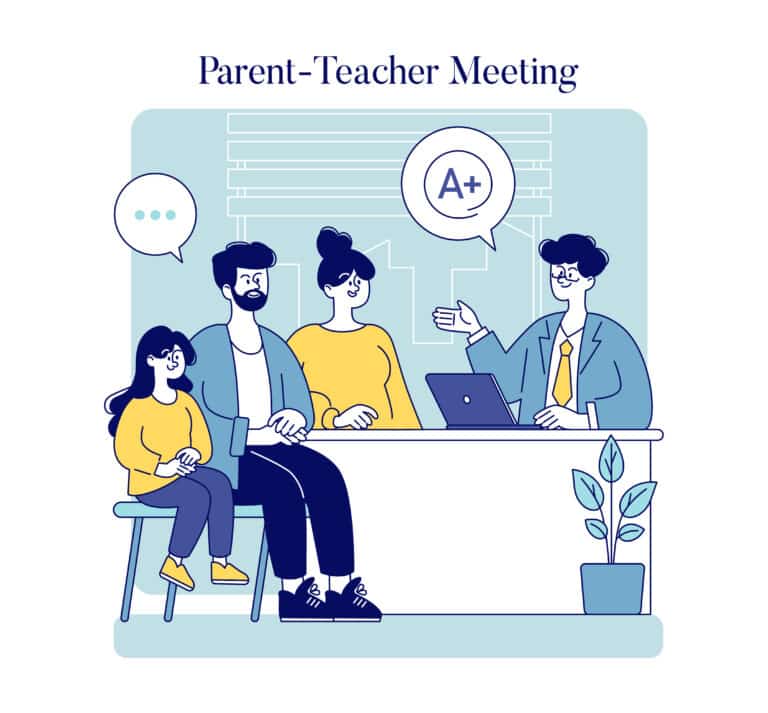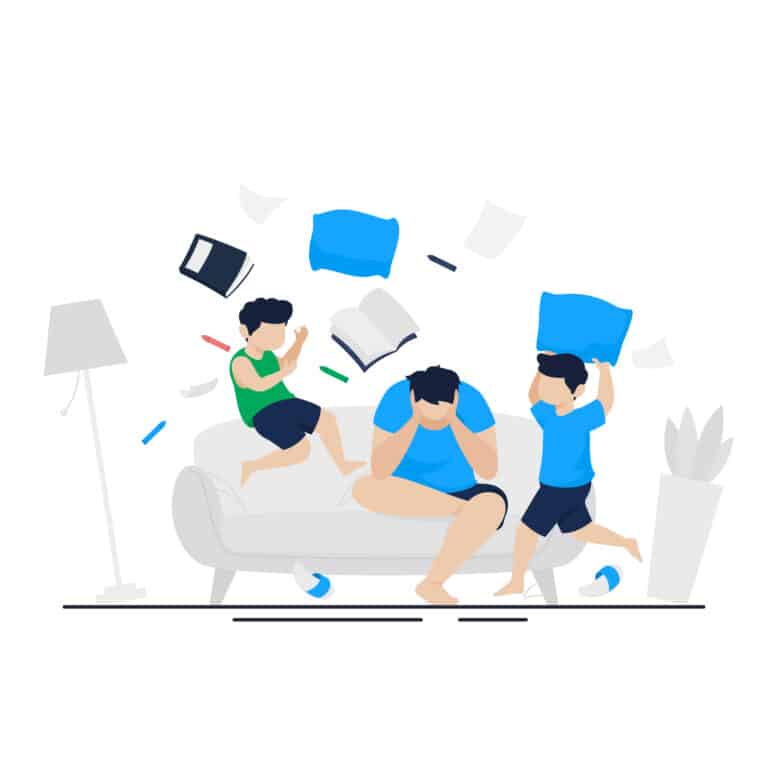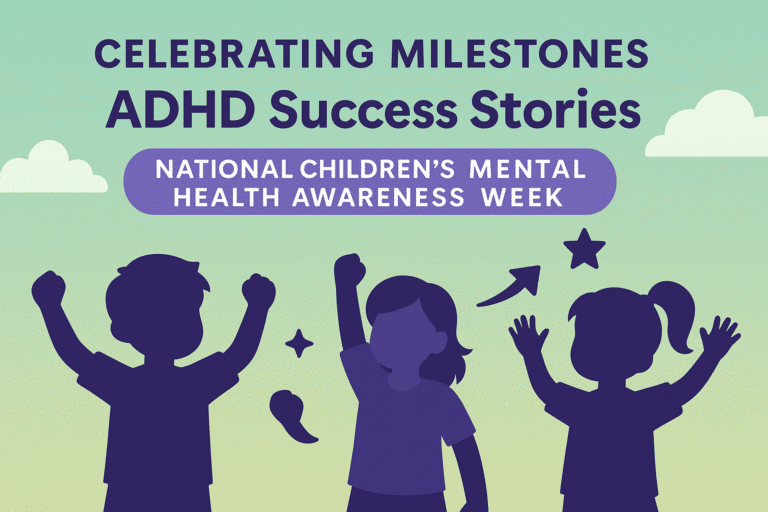At Pathformers, we focus on empowering parents and individuals navigating ADHD, including those dealing with inattentive ADHD (formerly called ADD). Unlike the hyperactive subtype, inattentive ADHD involves challenges with focus, organization, and memory, without the noticeable hyperactivity. Here are five effective tools to manage inattentive ADHD:
1. Medication Management
For those with inattentive ADHD, stimulant medications like methylphenidate and amphetamines are often the first line of treatment. These medications help boost concentration by regulating neurotransmitters in the brain. Non-stimulant medications, such as atomoxetine or guanfacine, can be effective alternatives for those who experience side effects from stimulants(Cleveland Clinic)(CHADD). Working closely with healthcare providers to find the right balance of medication is crucial.
2. Cognitive Behavioral Therapy (CBT)
CBT is a structured therapeutic approach that helps individuals with inattentive ADHD develop coping mechanisms for managing distractibility and forgetfulness. By identifying negative thought patterns and behaviors, individuals can learn strategies to stay focused on tasks, manage time, and maintain organization(Cleveland Clinic). Therapy also helps individuals address any accompanying anxiety or depression that can worsen inattentive symptoms.
3. Organizational Tools
Children and adults with inattentive ADHD often struggle with time management and organization. Tools such as planners, digital calendars, or apps like Todoist can help them manage their schedules and set reminders. Breaking tasks into smaller, achievable steps can make overwhelming projects feel more manageable(CHADD). Organizational coaching can also be effective in guiding individuals to develop better planning and task-tracking skills.
4. Minimizing Distractions
Creating a distraction-free environment is essential for individuals with inattentive ADHD. Setting up a dedicated, quiet workspace free of interruptions—whether it’s for schoolwork or office tasks—helps sustain focus. Minimizing distractions like phones or background noise can help improve attention spans, especially during long tasks.
5. Coaching for Goal Setting
Coaching provides ongoing support to help individuals with inattentive ADHD set and achieve their goals. ADHD coaches offer practical guidance on problem-solving, motivation, and time management. They help develop personalized strategies for success, whether in school, work, or daily life.
By leveraging these tools, individuals with inattentive ADHD can better manage their symptoms, leading to improved academic, professional, and personal success. Pathformers is dedicated to providing parents and individuals with the resources and support they need on their journey.

